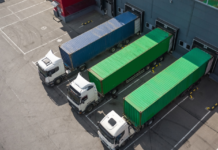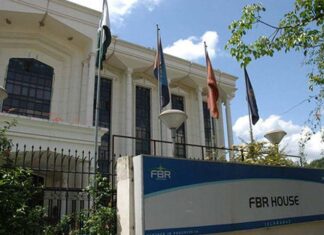Amid Pakistan’s ongoing economic challenges, Asif Ali Zardari, co-chairperson of the Pakistan Peoples Party (PPP) and a key ally in the ruling coalition, reiterated the importance of a charter of economy to enhance the country’s financial landscape.
Emphasising the need for collective efforts among all stakeholders to address the current economic situation during a speech at the Lahore Chamber of Commerce and Industry (LCCI), Zardari stressed the potential for Pakistan to achieve “double-digit exports” without relying on foreign investors, urging the business community of Punjab to unite and form industry-specific groups. He encouraged these groups to invest from their own pockets, assuring them that the loans and investments would be guaranteed by the government.
Emphasising the long-term nature of economic development, Zardari highlighted that a strong economy is vital for future generations.
The PPP co-chairperson further emphasised the importance of public-private partnerships and acknowledged that while politicians make policies, it is the responsibility of businesses to drive economic growth. He expressed his willingness to collaborate with political opponents, urging them to engage in discussions about the charter of economy beyond short-term political interests.
Highlighting Pakistan’s acute balance of payments crisis and declining foreign exchange reserves, Asif Zardari’s call for collaboration comes at a crucial time for the country.
He concluded his address by urging the business community to unite and contribute to the formulation of the charter of economy. He emphasised that the PPP would support those committed to this collaborative effort, while underlining the consequences of a lack of participation.























